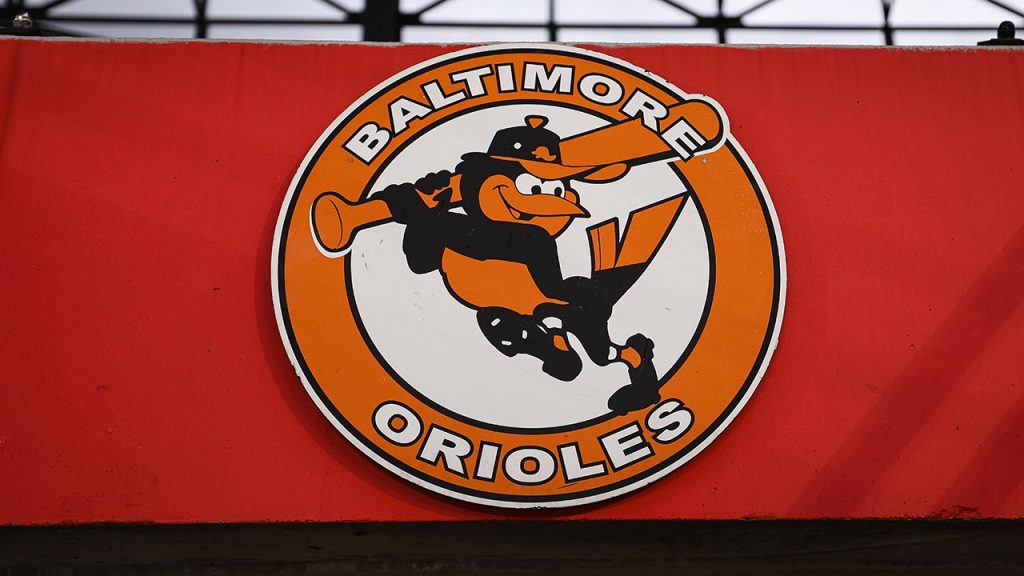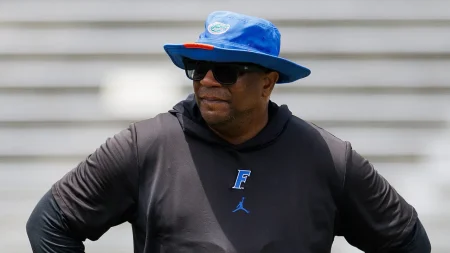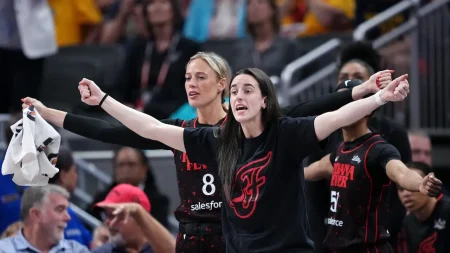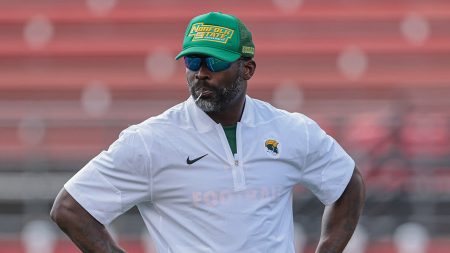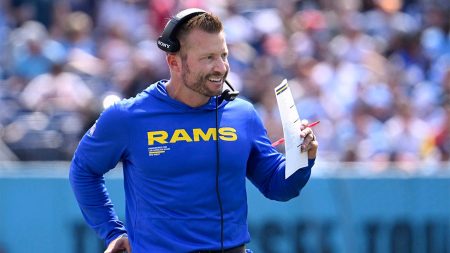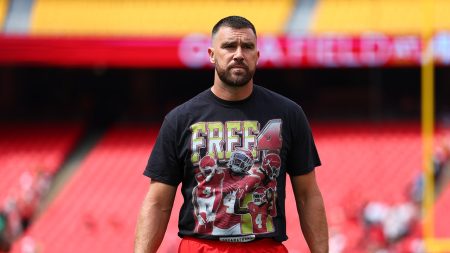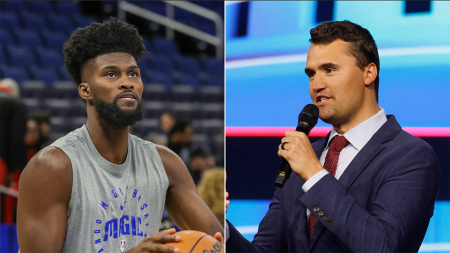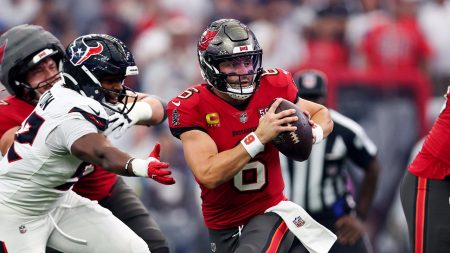Fans holding “Free Palestine” flags were ejected from Camden Yards during a Baltimore Orioles-Cleveland Guardians game, in violation of the ballpark’s policy against displaying political signage. The Orioles released a statement explaining that the fans were not seated in their ticketed seats and incited surrounding fans, leading to their removal from the stadium. While signs are allowed at Camden Yards, they must adhere to guidelines prohibiting content that is commercial, political, or in bad taste. This incident is not unique, as similar activism has been seen at other sporting events and even the upcoming 2022 World Cup in Qatar.
This incident at Camden Yards is part of a larger trend of “Free Palestine” activism in various contexts, including sports events like soccer games and college campuses. The ongoing Israel-Hamas conflict has sparked increased protests and demonstrations in the United States, with supporters of the Palestinian cause making their voices heard in different public settings. The presence of political signage and activism at sporting events adds another layer to the discussion of how to navigate issues of free speech and expression in public spaces, particularly in the context of highly visible and widely attended events.
The involvement of political signage at sporting events raises questions about the boundaries of free speech and expression, particularly in commercial settings like professional sports stadiums. While the Orioles do allow signs at Camden Yards, the policy explicitly prohibits content that is deemed political or in bad taste. The decision to remove the fans with “Free Palestine” flags underscores the challenges faced by organizations in balancing the rights of fans to express themselves with the need to maintain a neutral and welcoming environment for all attendees.
The incident at Camden Yards highlights the intersection of politics and sports, two arenas that have increasingly overlapped in recent years. As issues of social justice and human rights take center stage in public discourse, fans and athletes alike are using their platforms to advocate for causes they believe in. Whether it’s kneeling during the national anthem, wearing messages on jerseys, or displaying signs at games, sports venues have become a battleground for political expression, forcing organizations to navigate the complexities of balancing competing interests and values.
As tensions surrounding the Israel-Hamas conflict persist, activism in support of Palestine is likely to continue in various public spaces, including sporting events. The visibility of such activism at a Major League Baseball game like the one at Camden Yards underscores the passion and dedication of those advocating for Palestinian rights and raises important questions about the role of sports in facilitating dialogue and awareness around complex geopolitical issues. The presence of political signage at sports events challenges traditional notions of entertainment and escapism, urging fans and organizations to confront uncomfortable truths and engage in difficult conversations about justice and human rights.
In the midst of ongoing conflicts and global challenges, sports venues have become stage for activism and advocacy, with fans and athletes using their platforms to raise awareness and promote social change. The incident at Camden Yards serves as a reminder of the power of public spaces like sports stadiums to amplify voices and spark conversations about important issues. As the debate over political expression in sports continues to evolve, organizations will face increasing pressure to navigate the complexities of free speech and community values, seeking to strike a balance between fostering inclusivity and maintaining neutrality in a changing and diverse world.




